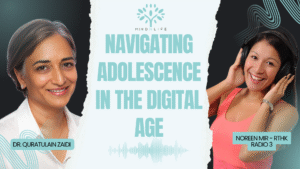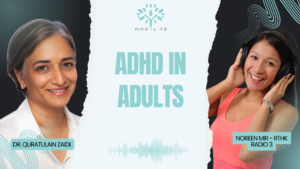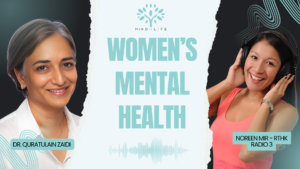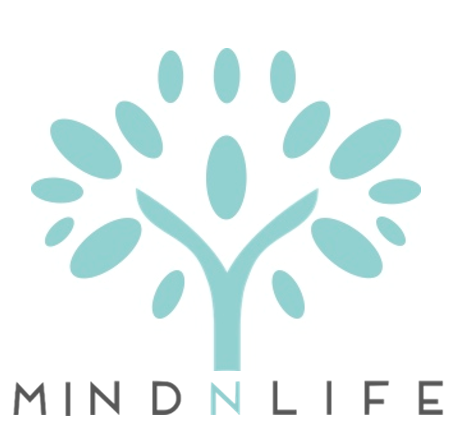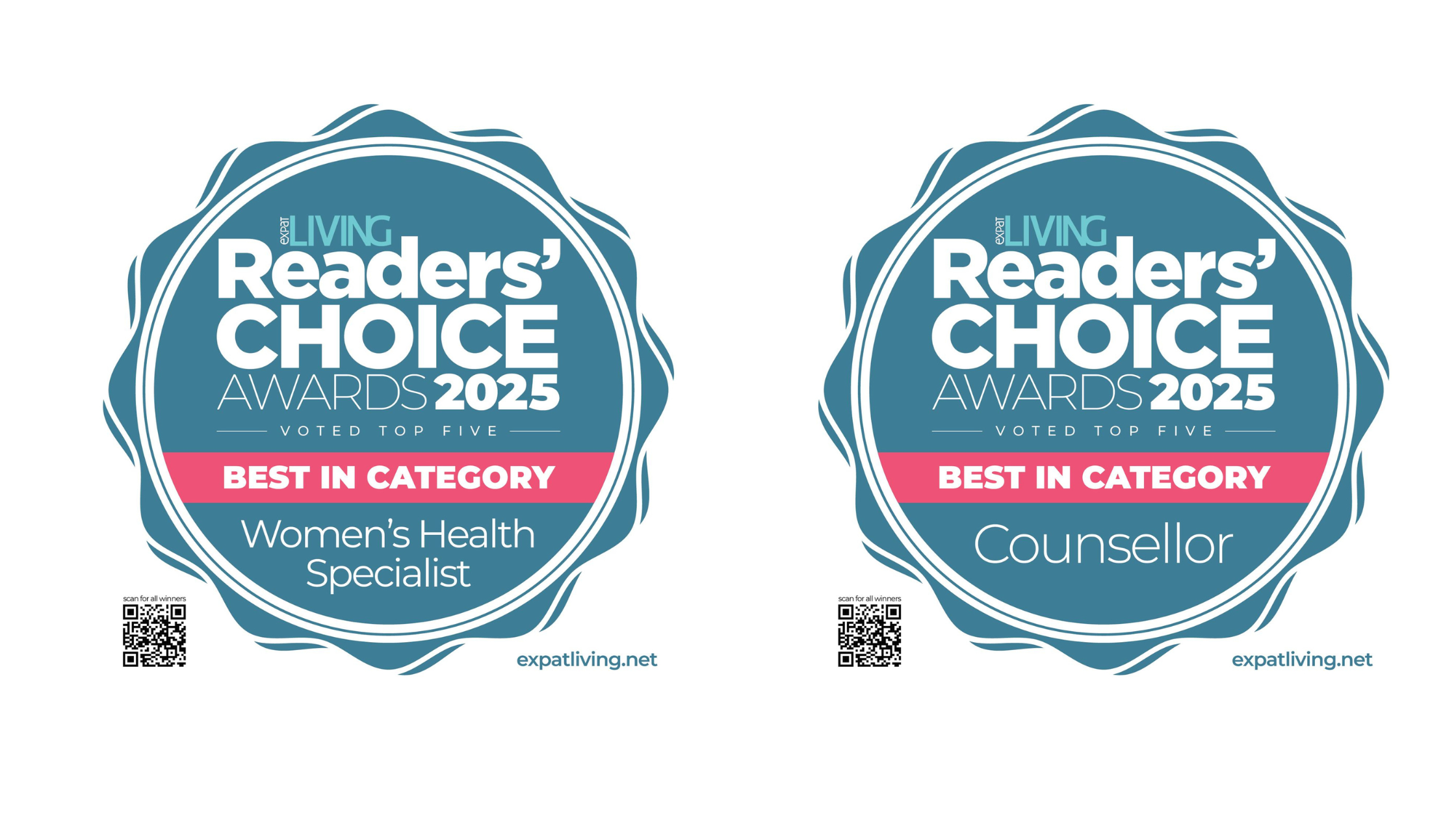A lot of countries and culture still have a stigma around postnatal depression of PND, and Hong Kong is not an exception. Women, especially new mums, are expected to “bounce back” in a relatively short time after giving birth. Sadly, that is not the case for everyone.
“Mothers need significant coping skills to deal with the many new challenges they face, from the physical adjustment to insecurities about the ability to parent, and a loss of a previous identity.”
Understanding Postnatal Depression (PND)
Postnatal depression (PND) is a mood disorder affecting 15–18% of women within a year of giving birth, with higher rates in less developed countries. Unlike the short-lived “baby blues,” PND can range from mild to severe and may begin gradually or suddenly. Predisposing factors include prior mental health issues, lack of support, and stressful life events. Fathers are also affected, with up to 25% showing symptoms in the first six months postpartum. Risk factors for fathers include their partner’s mental health, lack of social support, and financial instability.
Impact on Parents and Children
PND affects parents’ ability to care for their baby, straining relationships and increasing risks like suicide. For children, untreated PND can cause developmental delays, learning difficulties, and attachment issues. Mothers may struggle with energy, mood, and focus, while fathers often face added pressure from work and parenting responsibilities. These challenges highlight the importance of early intervention to support the family’s mental health.
How to Address PND
Early steps to address PND include open communication between partners, using support networks, and practicing self-care. Parents should plan regular date nights, engage in enjoyable daily activities, and incorporate exercise to boost mood. Support groups and professional help can provide additional guidance, while maintaining perspective on the temporary nature of parenting challenges can make the journey more manageable. Seeking help ensures better outcomes for both parents and children.
Read more about coping strategies and tips for new mums in this Expat Living article as Dr Zaidi discusses the stress involved in being a new mother. Click here for the full article.

Dr. Quratulain Zaidi (BSc. Hons, MSc, MSc, PhD) is a mother and a member of the British Psychological Society and British Association Counselling & Psychotherapy and abides by the Ethical Framework for Good Practice in Counselling and Psychology. She has lived in Hong Kong and Singapore for 12 years. She specialises in assisting families with issues including parenting, teen issues, Cybersafety, marriage guidance, post natal depression, stress and anxiety disorders, depression, bullying, eating disorders, OCD and self-harm. She is an expert in educational assessments and learning challenges in children, for example ADHD, ADD, Dyslexia and ASD.


